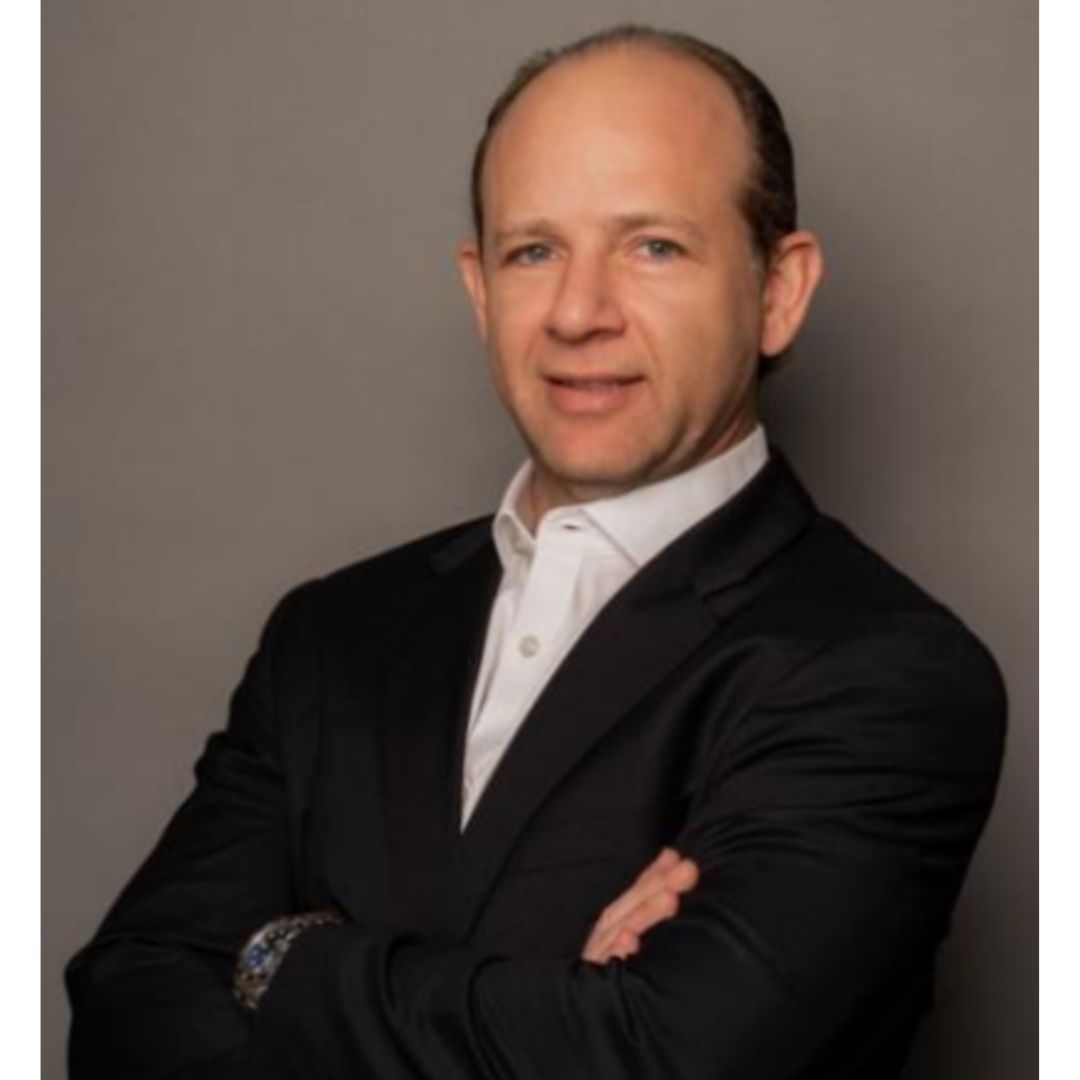Over the past decade, the fastest rate of growth in advisor headcount has occurred among firms in the independent registered investment advisor (RIA) channels, largely at the expense of wirehouse firms. However, the independent broker/dealer (IBD) channel also is facing an exodus to the RIA channels, according to the latest Cerulli Edge—U.S. Advisor Edition.
Cerulli’s research finds nearly one-third of IBD advisors (32%) have considered opening an RIA in the past 12 months. Factors such as a higher payout, the ability to create enterprise value in an independent business, greater autonomy, and a desire to create a more personable culture are fueling their interest.
When it comes to joining an RIA, advisors are mixed on their preferred affiliation model and require education on the logistics involved in various options. More than one-third of IBD advisors who considered establishing an RIA in the past year (36%) may retain affiliation with their current B/D’s RIA platform but still would consider other options. Another 33% are unsure of their RIA affiliation preference and need additional information to understand which model would be the best fit for their practice.
In considering the transition to an independent or hybrid RIA, nearly half of advisors (46%) view the greater operational responsibilities associated with running an RIA as a major concern. Navigating factors such as staffing, technology, and compliance can weigh heavily on IBD advisors making a move to full independence.
The decision for an advisor employed by an independent B/D does not come without careful consideration.
“Departing an employee B/D is a daunting task for advisors who have spent their careers with this type of affiliation,” says Andrew Blake, associate director. “Added accountability and the unfamiliar economics leave many new RIAs feeling spread too thin and unable to grow their practice as they had expected. For asset managers distributing in the RIA and IBD channels, offering business consulting resources that can help advisors work through these challenges will be meaningful for developing a long-term partnership.”




